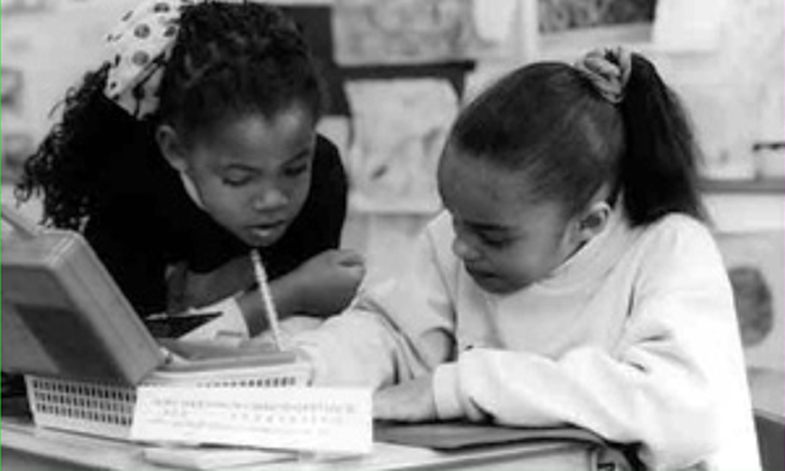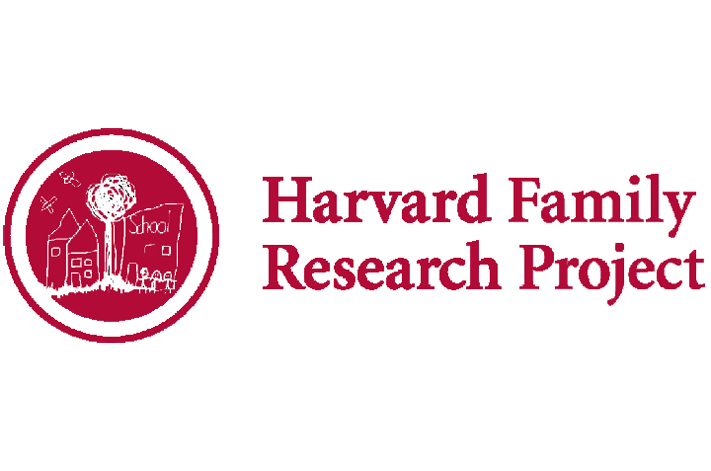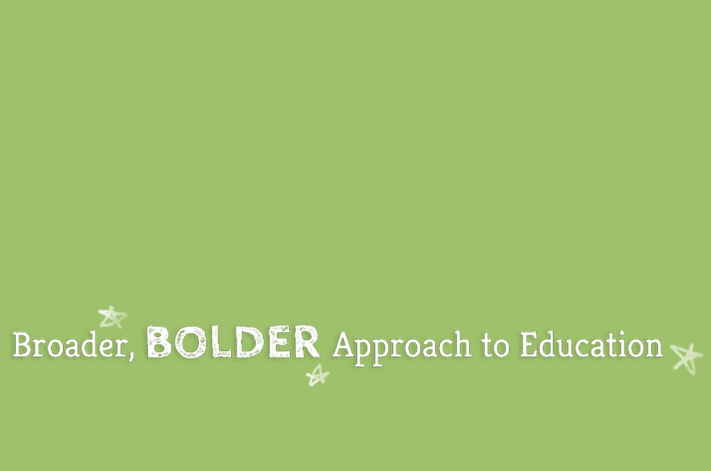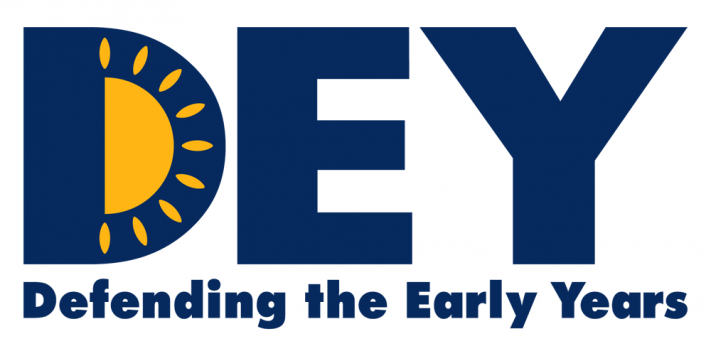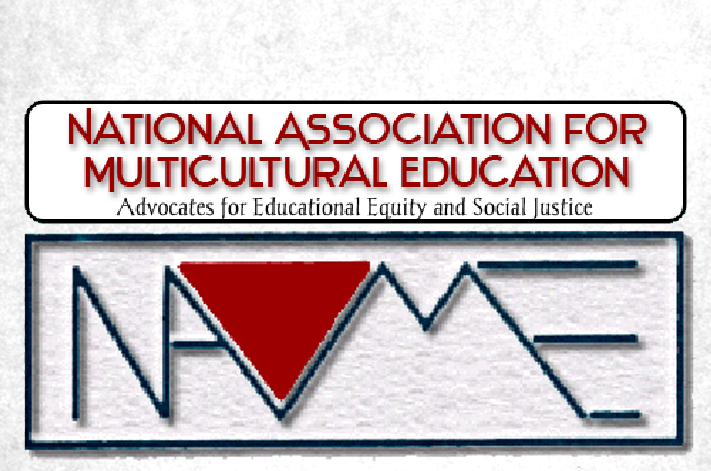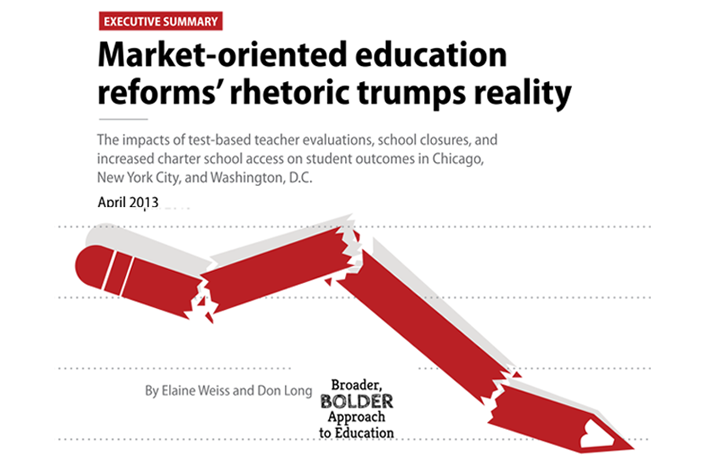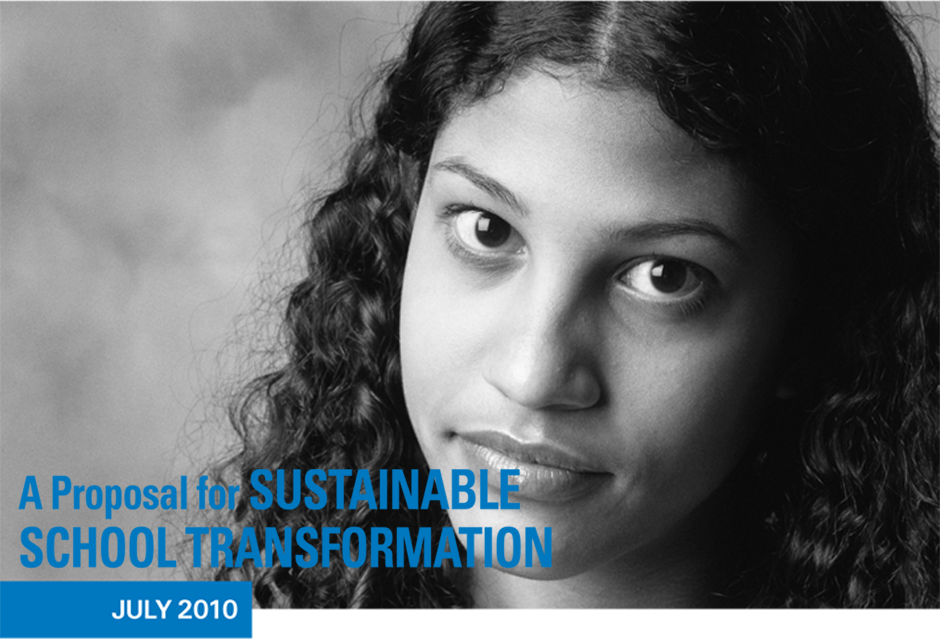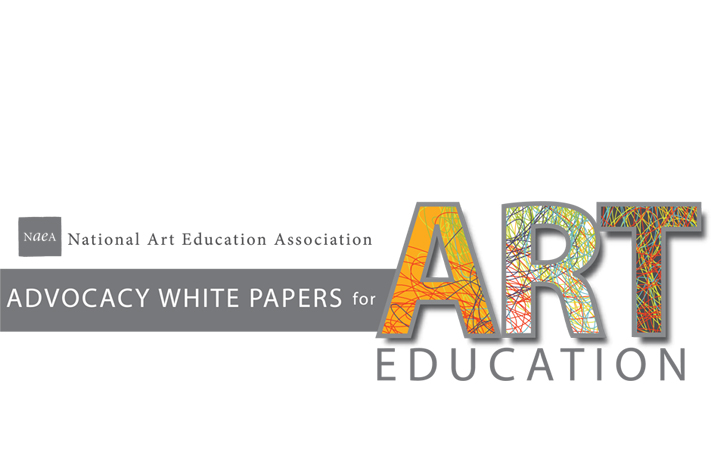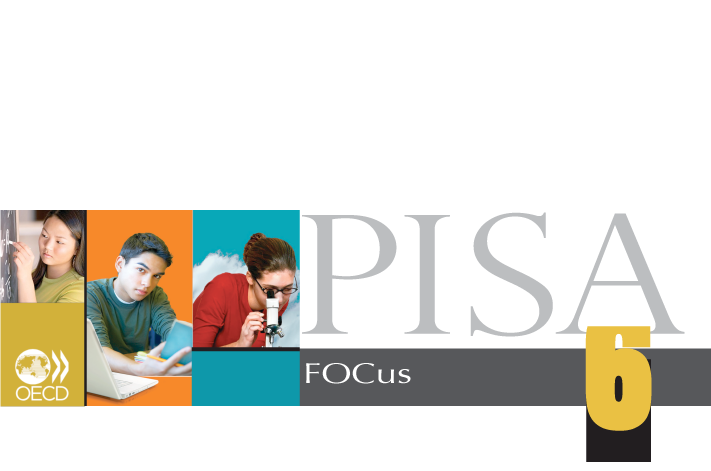Project Description
We need a fundamental change in our education system itself not just a change in governance
Independent Commission on Public Education [iCope]
Brooklyn, New York 11215
718.499.3756
www.icope.org
Introduction
A Human Rights Based Vision of Public Education An Alternative to Mayoral Control
iCOPE is a volunteer, citywide collective and the founding organization of the Education is a Human Right campaign. Over the past two years, iCOPE, together with hundreds of parents, students, educators and community members, has developed an alternative vision of public education based on Human Rights.
Human rights ensure the equality and dignity of every human being. A human rights culture would mean that New York City schools are safe, nurturing learning environments where children fully develop their capabilities.
Human Rights principles bring a coherent policy framework and vision for public education
The purpose of the Education is a Human Right campaign is twofold: 1) to show that a more just, democratic, and effective education system is possible; and 2) to encourage citywide dialogue before a legislative decision is made in Albany about the future governance system of the education system. We insist that this decision, affecting the education of 1.1 million students be made only after open public dialogue.
Below, iCOPE offers its vision of a Human Rights based system of public education. We urge others to make explicit their own vision of education, since we believe that the purpose question: “What kind of system do we want” must come before the implementation question: “How should the system be governed?” We did not ask the purpose question before the mayor was given control of NYC schools in 2002. This has negatively affected children, parents and educators. Over the next year we have another chance to ask this question. Let’s work to find common ground and build the consensus needed to change the lives of hundreds of thousands of young people in our city! iCOPE says we can and we must!
In the current business model, education is seen as “services” delivered to students who, along with their parents, become “customers” of the system
The two competing ideas about the purpose of education
A little history is needed here: The current educational system in New York City and in the rest of the country was designed over a century ago. In its early years, the goal of the system was to “sort out” only a small percentage of children for high school. Now it is expected that more students will graduate from high school, but the level of skills and knowledge that many achieve is still expected to be quite low, limiting them to work in low-wage jobs and to military service. Throughout the system’s history, up until the present, many students do not graduate. Built into the system is an expectation that not all children will reach their full potential or fully participate in society. This system fails to meet both human rights standards and the needs of New York City’s diverse communities. It fails to prepare students for the realities of our interconnected world.
In the current business model implemented by the mayor, education is seen as “services delivered” to students who, along with their parents, are considered “customers” of the system. The important role of parents and neighborhood communities has been virtually eliminated. So-called “choice” allows a few families to send their children to “better” schools. The rest have to settle for poorer quality education.
Under the mayor’s control, learning is measured by standardized, commercial tests. Schools have become “test prep” factories. To add insult to injury, many blame students and their families for the school’s failure to educate effectively. Students and their families who come from neighborhoods with poor housing, inadequate health care, high unemployment and poverty cannot easily compete for educational resources taken for granted by the middle class.
In a Human Rights system, education is a caring relationship between a teacher, a student, and his/her family designed to meet the needs of each child
Finally, current disciplinary practices violate students’ rights to basic human dignity. They do not ensure students’ safety. Inequitable resource distribution perpetuates a racially biased system that sorts students so that a few receive an adequate education while most receive such poor quality schooling that their options after school are limited to low-paying jobs, the military, or prison.
In sharp contrast to the current education system, a Human Rights Based system promotes education as a caring relationship between a teacher, a student and his/her family. A Human Rights Based education system builds on the knowledge of and respect for each student’s family, community, language and culture. Schools are the centers of their communities. Parents and their communities are essential resources for the schools, and the community and the city are an extension of the classroom.
In a Human Rights Based system, students learn to be citizens by making democratic decisions about their school and community life. The city administration, knowing that schools can’t solve social problems by themselves, works to eliminate the poverty and conditions that lead to feelings of hopelessness that affect many of our communities.
A Human Rights based education system is built on the following 7 principles:
2. The purpose of education is to help children reach their full potential to participate in society, to do rewarding work for a living wage, and to continue learning throughout their lifetime.
3. Education develops each child’s respect for his or her family, language, and culture and simultaneously creates an environment that honors each child’s unique culture.
4. The dignity of every child is guaranteed by preventing practices and disciplinary policies that cause harm or humiliation to children, and promoting self-confidence and self-expression.
5. The equitable distribution of resources is guaranteed across communities according to need to ensure equality in educational outcomes.
6. Non-discrimination is ensured regardless of race, class, gender, sexual orientation, language, religion, nationality, immigration status, disability or other factors.
7. The meaningful participation of students, parents and communities is guaranteed in decisions that affect their schools and their right to education.
These seven Human Rights have been agreed upon by governmental bodies throughout the world. More importantly for us in the US, these same principles are imbedded in our Declaration of Independence, our Constitution and our Bill of Rights. Our Founding Fathers boldly claimed that all men were created equal with the inalienable or human right to “life, liberty and the pursuit of happiness” . They limited these rights to free white men who owned property. It took decades of struggle for women and people of color to become full citizens with voting rights. While some progress has been made, iCOPE believes that real democracy is not possible until and unless all children receive an excellent education. As you reflect on these principles ask yourself:
- To what extent does the current system in NYC meet these standards?
- Should the public education system in NYC aspire to these standards?
- If yes, what can we do together to move toward these standards within the next 3-5 years?
What Will Governance Look Like in a Human Rights Based Education System?
iCOPE believes that a governance plan for a new human rights based education system should be founded on three pillars:
1) Human Rights for all (as outlined above);
2) Decision making partnership among parents, students, educators and the community;
3) Building the knowledge and opportunities necessary for the whole school community to sustain a workable democratic partnership.
Here are some specific aims, structures and mechanisms that would meet these human rights standards. We look forward to hearing your comments and suggestion to this emerging vision of a Human Rights based system of public education for NYC.
- Human rights for all
- Democratic decision making partnerships
- Capacity building for neighborhoods
- The purpose of education is the full development of each child’s potential regardless of his/her family’s race, wealth, language or neighborhood.
- Decisions are made at the school level. Each school‘s School Leadership Team (parents, students, educators, staff and community partners) hires its own principal as leader of the school community and then collaboratively makes decisions about curriculum, school policy and budget to ensure the full development of the whole child. The curriculum and teaching methods are adaptable to the needs of the children in the school community. In addition, the school becomes the center of the community. It is open evening and weekends to meet the needs of students, their families and communities for lifelong learning, recreation and fellowship. Health and wellness services are available on site in collaboration with health agencies and community based organizations.
- Each neighborhood is fully supported to offer excellent and coordinated pre-K to 16th grade education and to ensure that families and community members are fully engaged partners in their children’s education. Neighborhood School Councils (NSC), composed of representatives from each School Leadership Team in the neighborhood, meet with staff support several times a year. The NSC ensures that curriculum is coordinated from pre K to 12, children are exposed early on in their school careers to opportunities for post secondary academic and/or vocational education and real world internships.
- Districts support schools and their Neighborhood School Councils. Each of the 59 District Education Councils (co terminus with the existing Community Boards) hires a superintendent who, with a small professional staff, supports (as a “critical friend” not as a rating officer) the schools in his/her district. Districts coordinate with the existing 59 Community Planning Boards and their Service Councils to ensure that children and their families get needed health and social services to help children enter and stay in school ready to learn.
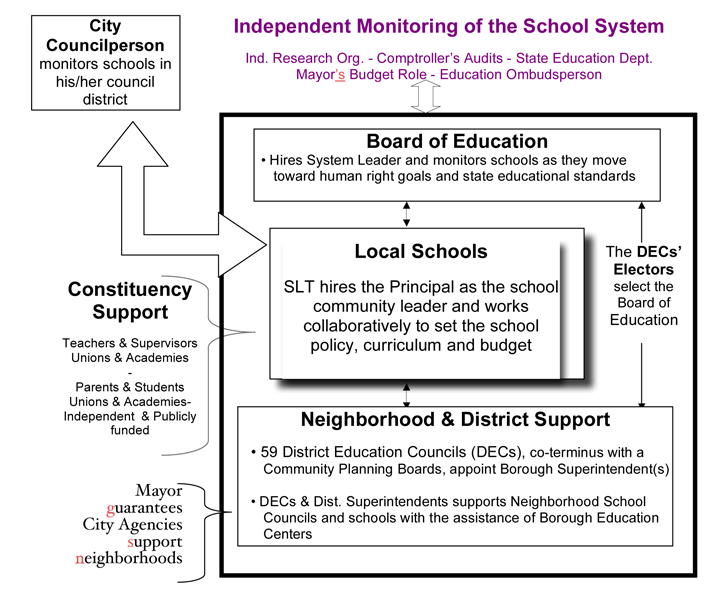
- A citywide Board of Education , selected by citizens, monitors each school’s progress toward Human Rights goals and hires a Chancellor who, with a central staff, develops human rights guidelines and benchmarks to monitor each school’s Human Rights Education plan. The plan ensures yearly progress towards academic excellence, the development of the whole child, improvement in school climate and organization, and student, parental and community involvement in the life of the school. The central staff manages human resource and audit functions and those services which are best managed centrally. The Board develops and implements a fair funding formula. The Board also works with the state to develop a broader range and more authentic assessment process.
- Independent and funded parent and student unions, with training academies, ensure that parents and students participate, with teacher and administrators, as informed and knowledgeable partners in all decision making processes.
- Borough Education Centers provide staff development and technical assistance to schools.
- There are checks and balances to ensure good government including: an independent research organization to study and evaluate the movement towards the Human Rights goals of education; independent financial audits to provide user-friendly, transparent information and to promote accountability for the use of public funds; and an independent education ombudsperson to resolve conflicts not handled at lower levels, to monitor the whole system and to provides timely remedies when rights are violated. Full deliberative democracy is an essential part of the education system.
- City elected officials are mandated to ensure that every child, regardless of the family’s wealth, race, language or zip code, attends school with his or her basic housing, health care and income needs met.
- City Council members monitor schools within their district to ensure additional local oversight.
The civil rights, women’s rights, and environmental justice movements resulted from the collective efforts of ordinary people becoming an extraordinary force for positive social change. Quality education based on Human Rights is our 21st century struggle. It will become the Human Right’s Based Education Movement when we unite to claim our human rights and demand that the government fulfill these obligations.
iCOPE believes we can begin the Human Right’s Based Education Movement by working for passage of a state law to authorize the new Human Rights Based Education system for NYC. This law will include a Transition Commission charged to develop a strategic, multi-year Human Rights Implementation plan. An interim acting chancellor and a Board of Education will keep the current system running until the Transition Commission completes its work and the new Human Rights Based plan is endorsed by parents, students, teachers, administrators and community members.
Ffor more information contact Independent Commission on Public Education (iCOPE)
www.iCOPE.org 718 499- 3756
